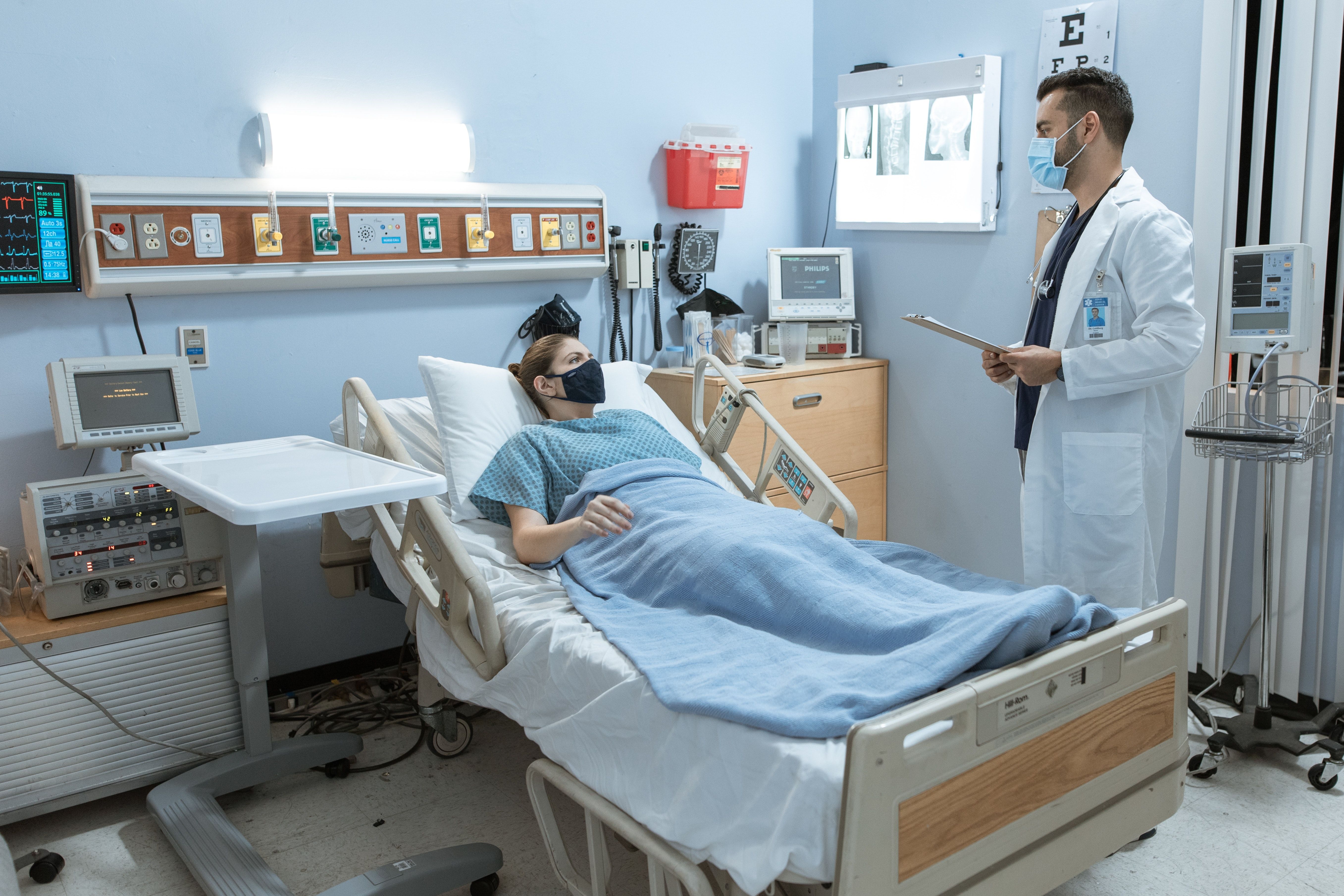Article
COVID-19 Pandemic Took Psychological Toll on ICU Workers in Romania
Author(s):
There was increased PTSD scores found in doctor and nurse responders.

The ongoing COVID-19 pandemic has had mental consequences for many individuals working in medicine, especially those working in intensive care units (ICU).
A team, led by Alexandra Elena Lazar, Department of Anesthesiology and Intensive Care, George Emil Palade University of Medicine, Pharmacology, Science and Technology, examined the psychological status of intensive care unit personnel in Romania.
The Pandemic
The COVID-19 pandemic has raised the need for specialized intensive care personnel.
One potential issue, which was compounded by the stress of the pandemic, is Romania has a relatively low number of physicians per inhabitants, which could trigger some psychological effects on burnt out personnel. There are approximately 66,000 physicians in the eastern European country, with 152,686 individuals working in the medical system as auxiliary staff. This equates to just 3 physicians per 1000 inhabitants in Romania, far lower to other comparable European countries.
“It can be understood that the medical personnel from Romania bear a supplementary burden from understaffing,” the authors wrote. “It is undoubted that this workload is an important source of stress, anxiety, and burnout. On top of this, the pandemic has produced serious damage to healthcare providers.”
The Risk
There was also a heightened risk, coupled with the psychological impacts, of contracting COVID-19 for medical personnel, with at least 1 estimate being 33,968 Romanian healthcare system personnel infected with the virus by May 2021.
“ICU stress levels rose during the pandemic and the healthcare workers were exposed to depression, stigmatization, fear, or exhaustion,” the authors wrote. “This distress was first the result of the unknown disease they were fighting and second due to the lack of a known cure at the beginning of the pandemic.”
In the study, the investigators examined the anxiety levels of ICU personnel. While also identifying the level of post-traumatic stress disorder (PTSD) and anxiety in different groups to identify the personnel most affected psychological.
The study included adult responders from the ICU Târgu Mureș Emergency Clinical County Hospital.
The investigators used evaluation tests from the e State-Trait Anxiety Inventory and Post-Traumatic Stress Test for the 87 enrolled adult employees.
Of this group, there was a 69% response rate.
Quantifying the Risk
The investigators divided the responders into 3 groups—doctors, nurses, and auxiliary personnel.
Each group scored for moderate anxiety symptoms and COVID-19-related anxiety was strongly correlated with age and number of working years for all 3 groups.
There was also increased PTSD scores found in doctor and nurse responders.
“All ICU personnel who dealt with COVID-19 patients presented with moderate anxiety and post-traumatic stress disorder symptoms,” the authors wrote. “The years of ICU experience had a positive impact on anxiety symptoms.”
The study, “Survey on Anxiety and Post-Traumatic Stress Disorder in Intensive Care Personnel during the COVID-19 Pandemic in a Medically Under-Resourced Country,” was published online in Healthcare.




